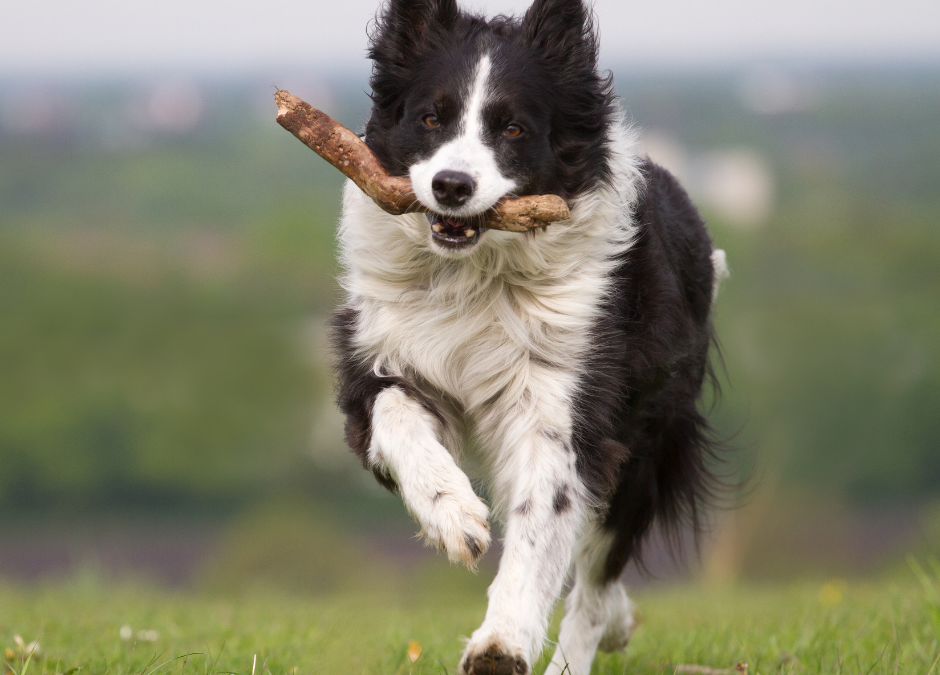Our pets’ joints are like the hinges of a door, allowing them to run, jump, and perform all those zoomies. But, just like doors, these hinges can get rusty, and we need to keep them well-oiled for our pets to enjoy smooth moves. Ensuring joint health involves keeping our furry friends at a healthy weight, providing proper nutrition, and engaging them in regular exercise. Additionally, preventative care, such as supplements and early detection of joint issues, can help maintain their flexibility and comfort as they age.
Common Joint Ailments:
Arthritis: Kind of like a squeaky door hinge that makes your pet’s joints stiff and painful. Their body is creating too much “rust” (inflammation), making it harder for them to dance the night away. Arthritis occurs when the protective cartilage that cushions the ends of bones in the joints wears down, causing friction between them. This friction leads to inflammation, pain, and stiffness in the joint. Helping your pet maintain a healthy weight and providing them with joint supplements, like glucosamine and chondroitin, can support joint health and reduce the discomfort caused by arthritis.
Hip Dysplasia: Picture a door with a hinge that doesn’t fit quite right. That’s hip dysplasia – when your pet’s hip joint doesn’t fit snugly, making them waddle like a penguin. Hip dysplasia is a genetic condition where the ball (femoral head) and socket (acetabulum) of the hip joint don’t develop properly, causing instability and abnormal wear on the joint surfaces. Over time, this can lead to arthritis and pain. Early diagnosis, weight management, and physical therapy can help manage hip dysplasia and improve your pet’s quality of life.
Ligament Tears: Imagine a door held together with rubber bands, and one snaps! Ouch! This is similar to a ligament tear, where the stretchy bands in your pet’s joints break and cause them pain. Ligament tears commonly occur in the knee joint, particularly the cranial cruciate ligament (CCL) in dogs. The CCL helps stabilize the knee, and when it tears, it causes pain, inflammation, and instability. Injury, obesity, and genetics can contribute to ligament tears. Treatment options include rest, pain management, and surgery, depending on the severity of the tear. Preventative measures include maintaining a healthy weight and providing regular, low-impact exercise for your pet.
Tailored to your pet by Aussie Vets!


